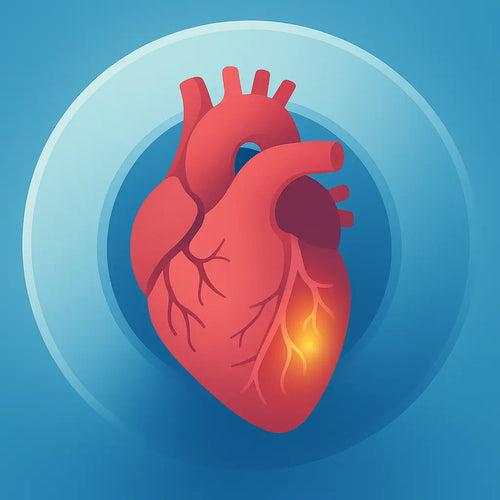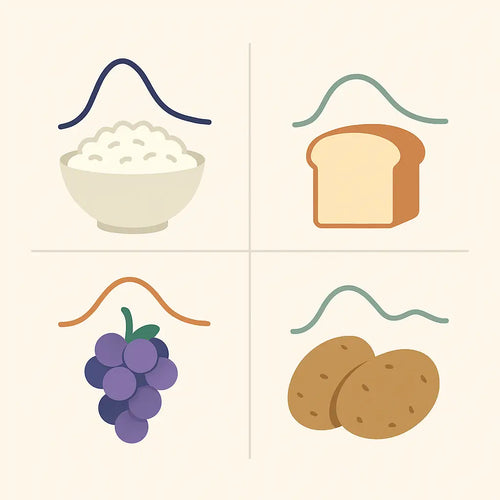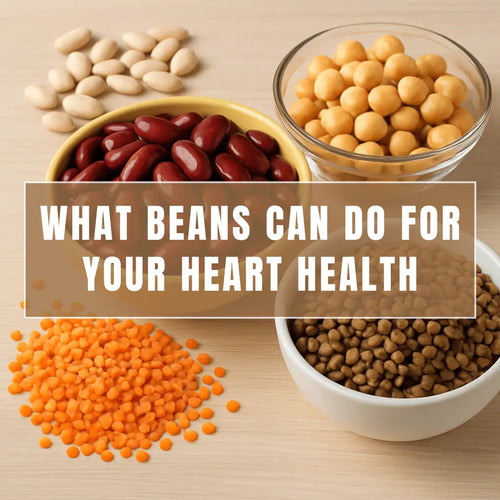
This research investigated the dose-response relations of sodium, potassium, magnesium and calcium with cardiovascular disease risk (Pickering RT, et.al., 2021).
The study included 2362 men and women 30 to 64 years old. Surprisingly lower sodium intake less than 2500 mg compared to more than 3500 mg per day was not associated with a lower risk of cardiovascular disease risk. The other minerals however did make a difference.
A potassium intake more than 3000 mg per day was associated with a 25% lower risk while a magnesium intake of more than 320 mg per day led to a 34% lower risk. A calcium intake of more than 700 mg per day was associated with a non-significant 19% lower risk.
The most important minerals were magnesium and then potassium.
If you start to add some beans every day to salads and soups, you will get plenty of potassium. Beans are a low glycemic index food and provides other benefits also.
To be sure to get plenty of magnesium in addition to eating a good diet, add magnesium as a supplement from a formula using amino acid chelates which are well absorbed. Also remember it is better to take a formula which contains the most important minerals instead of taking a single mineral.
Reference
R Taylor Pickering, M Loring Bradlee, Martha R Singer, Lynn L Moore, Higher Intakes of Potassium and Magnesium, but Not Lower Sodium, Reduce Cardiovascular Risk in the Framingham Offspring Study, Nutrients. 2021 Jan 19;13(1):269.










